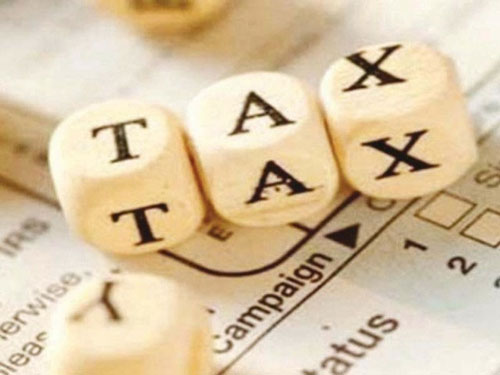Zubair Qureshi
Islamabad
Human Development Foundation (HDF) in a media session urged the government to ensure implementation of Health Levy on cigarette packs.
In 2019, after announcement of budget for FY 2019-2020, the federal cabinet approved the long-awaited Health Levy bill on cigarette packs, instructing the relevant government department to immediately implement the decision of Cabinet. However, no action was taken, succumbing to the pressure of tobacco industry.
According to Azhar Saleem, CEO HDF, an effective tobacco control measure is provided in Article 6 of the WHO’s Framework Convention on Tobacco Control (FCTC), which addresses the “Price and Tax Measures to Reduce the Demand for Tobacco”. Through this measure, governments are required to implement tax and price policies, which will ultimately add to the national health objectives of the country.
Azhar Saleem said the spirit of health levy was to increase revenue that would be placed at the disposal of the health ministry to lessen the burden of expenditure that is incurred on diseases caused by use of tobacco in all its forms. He also said that these revenues will help to ensure the sustainability of health programs, as has been evident from the experience of countries like Philippines, Thailand etc.
He further commented on the tobacco industry’s claim that increasing taxes on tobacco products might lead to increase in illicit trade of tobacco in the country.
It has been stated time and again, the issue of illicit trade of tobacco is administrative in nature and is not related to tax increase, he said. Only effective and transparent Track and Trace system for tobacco industry will help in solving the issue of illicit trade of tobacco, ensuring the sale of legal cigarettes.
He urged the government on behalf of HDF and its partners to make no more delays in implementing the health levy on cigarettes. He said that the effective implementation of health levy on cigarettes will endorse the commitments of government to the well being of its citizens, especially youth by reducing tobacco consumption in Pakistan.








